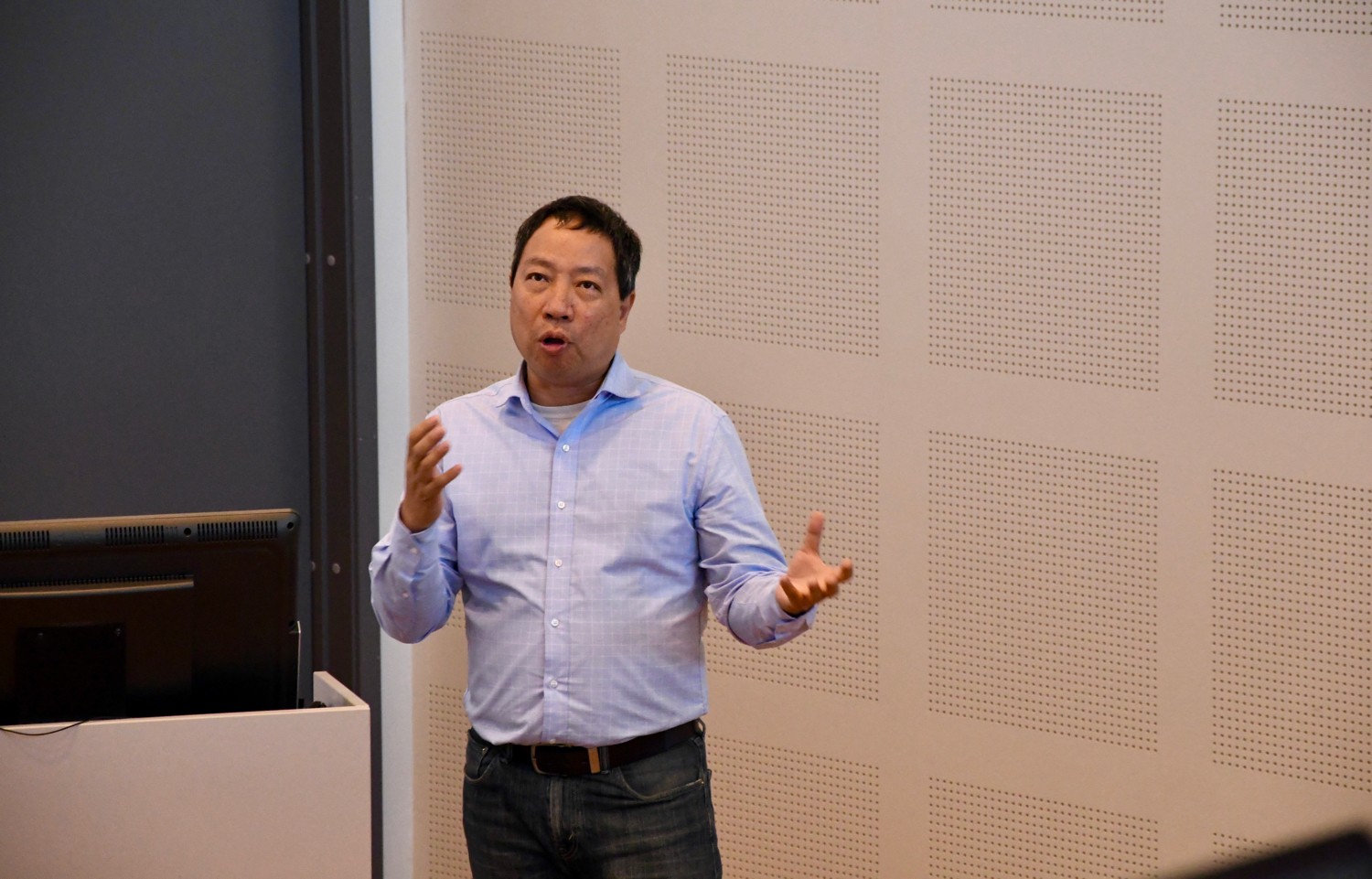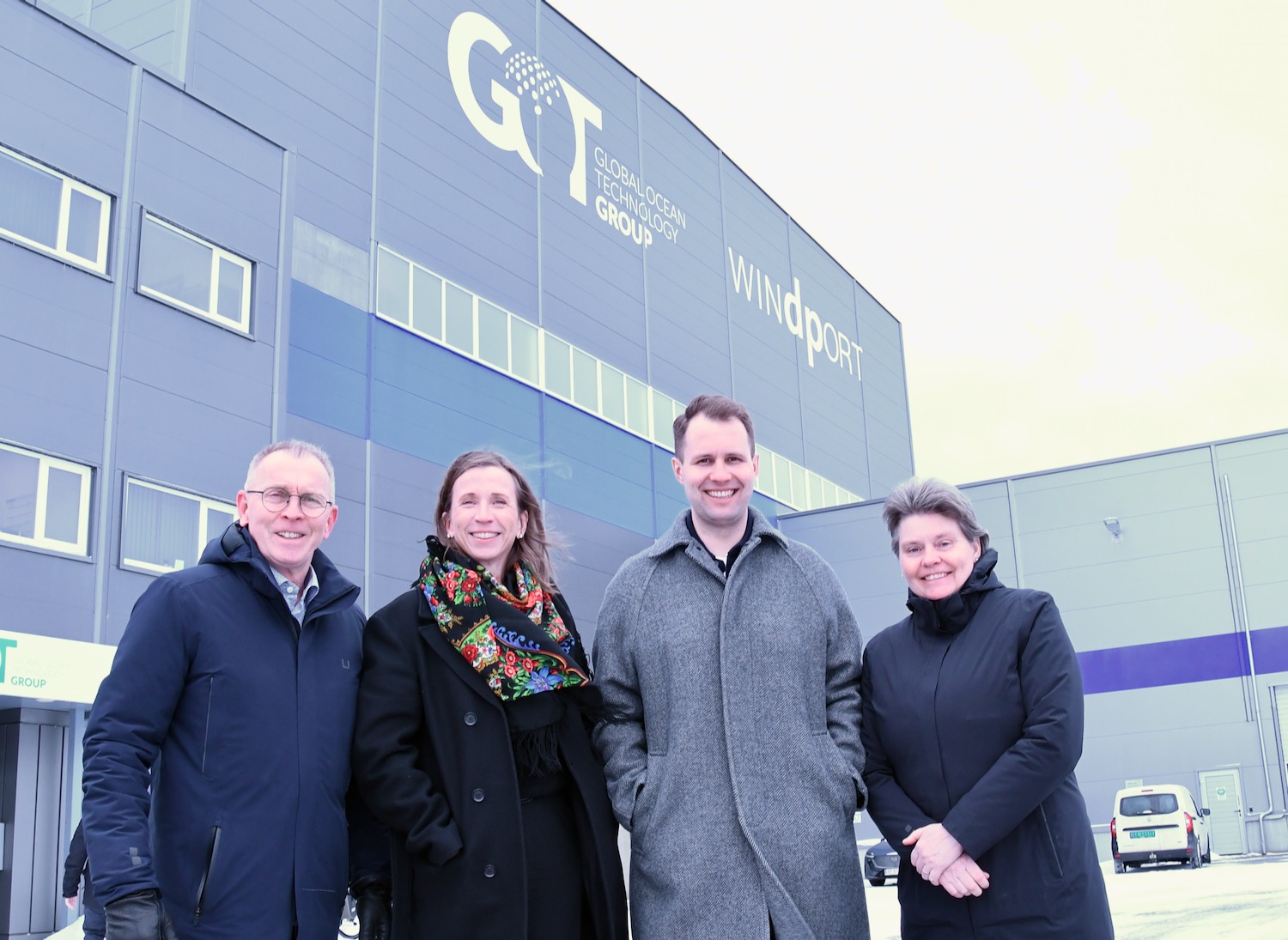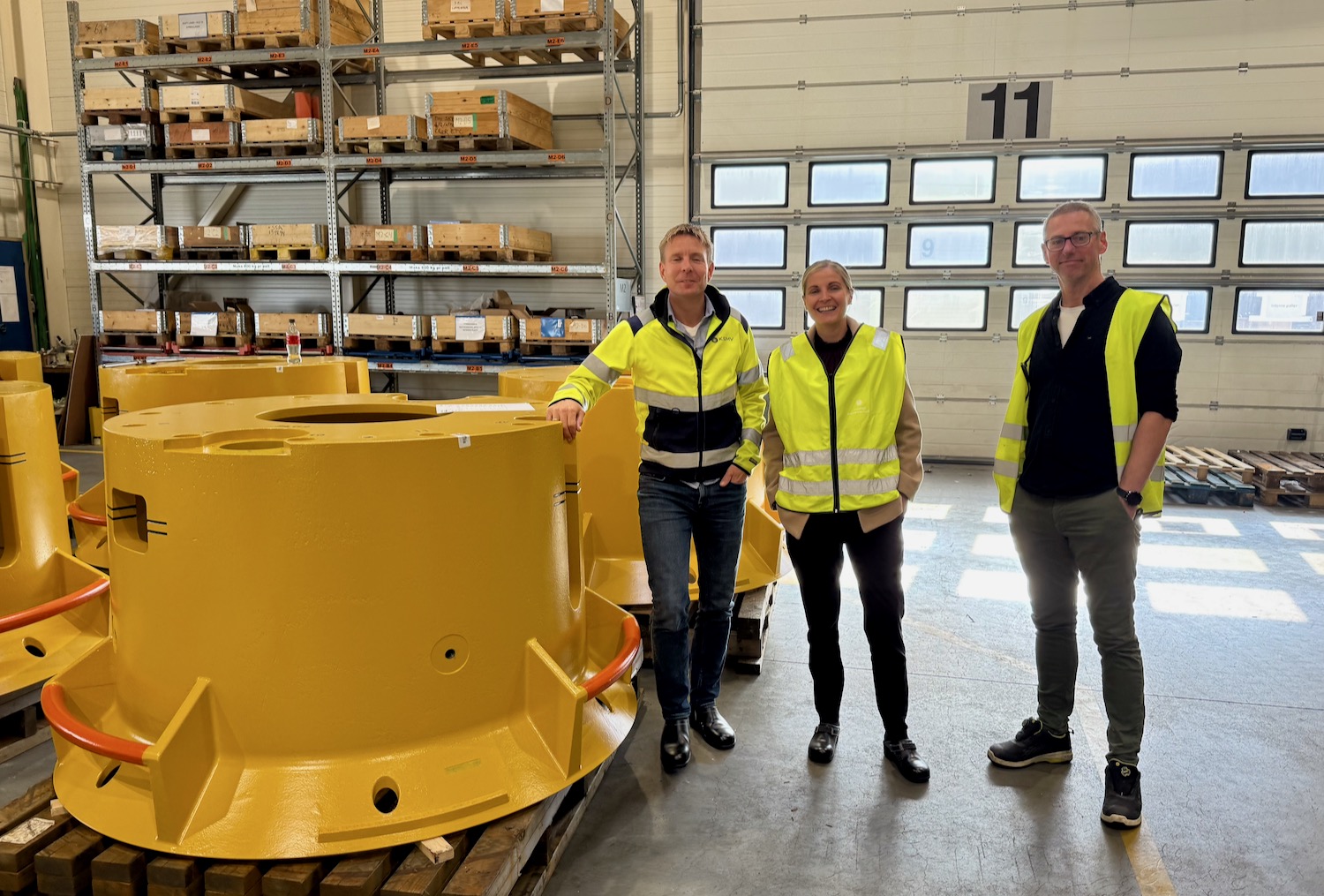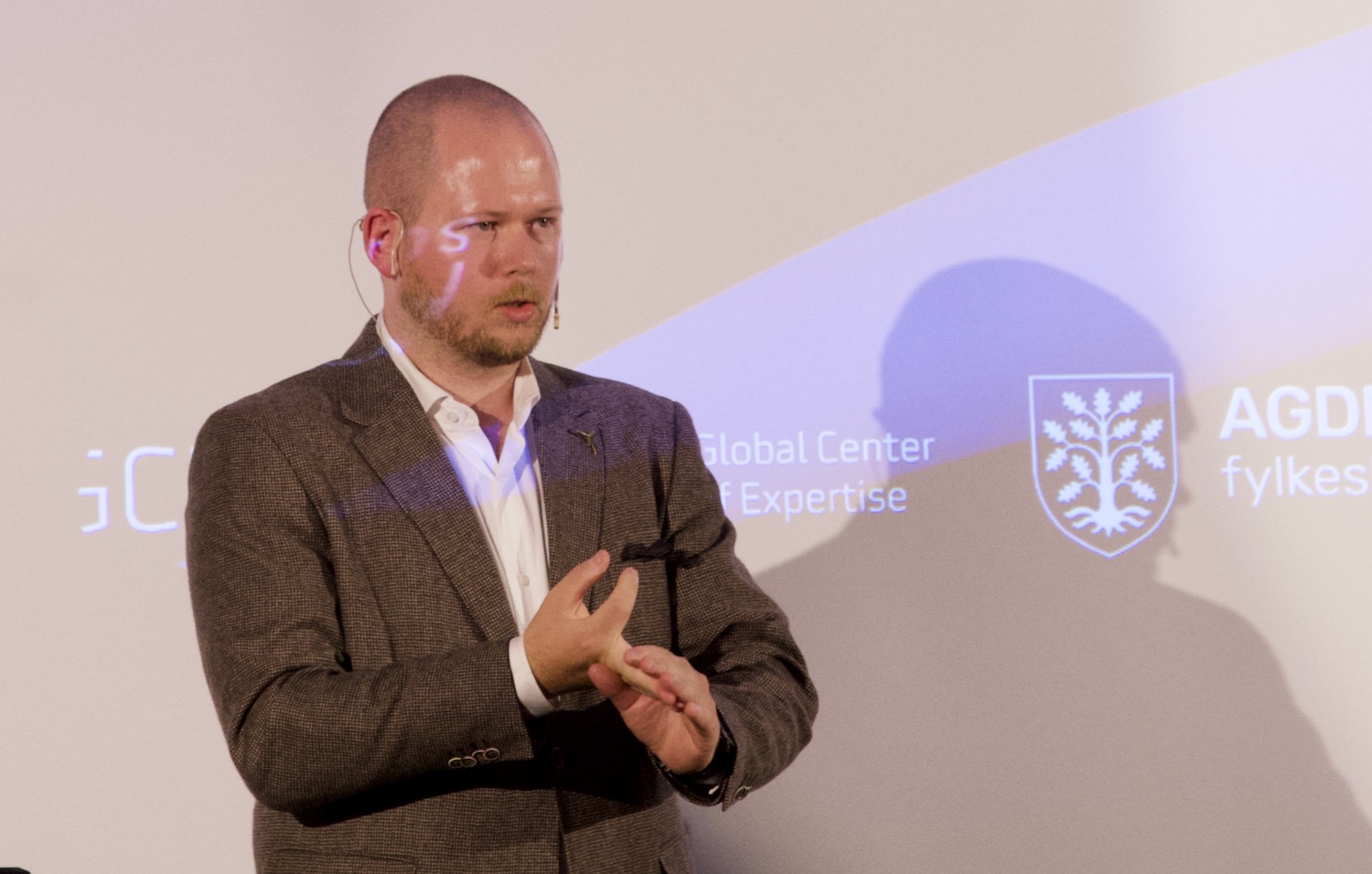“Today, data is black or white. It is either open and available to you, or closed and unavailable to you. We need more shades of data – that is data which could be open and closed, depending on the situation,” said Professor Chunming Rong during a NorTex Data Science Cluster workshop in Stavanger Thursday.
He offered GPS-data as one example:
“In a normal situation, you probably don’t want your employer to know where you are at all times. I mean, if you spend a lot of time in the restroom, you certainly don’t want that! But in an emergency, it could be of great value to let the employer or a rescue team know exactly where you are. So, we need to develop smart contracts that let you share data in some situations and not in others,” says Rong.
Another example is medical journals.
“You probably don’t want to share your medical data with friends or any other people. But you may want to share your medical data with researchers that are looking to develop a better cure or treatment for your ailment,” says Rong.
“Blockchain could help us solve the problem of how to share more data in a secure way. It could allow us full control of how we share data and with whom,” says Rong.
DIGITAL DATA HUB
At the workshop, Terje Myklebust talked about how AkerBP develops a digital data hub to improve operations and reduce cost. Access to data is key in order to achieve these main objectives.
“AkerBP will put into contract that data must be delivered into the digital data hub with no latency, with penalties for those who don’t comply,” says Myklebust.
There is a general agreement that sharing data is important for bringing the industry forward.
“But there are also forces that work against this. Some are uncertain of new and unknown technology. Others are afraid of losing market share because the lock-in effect disappears,” says Myklebust.
NorTex is supported by The Research Council of Norway’s INTPART program.




